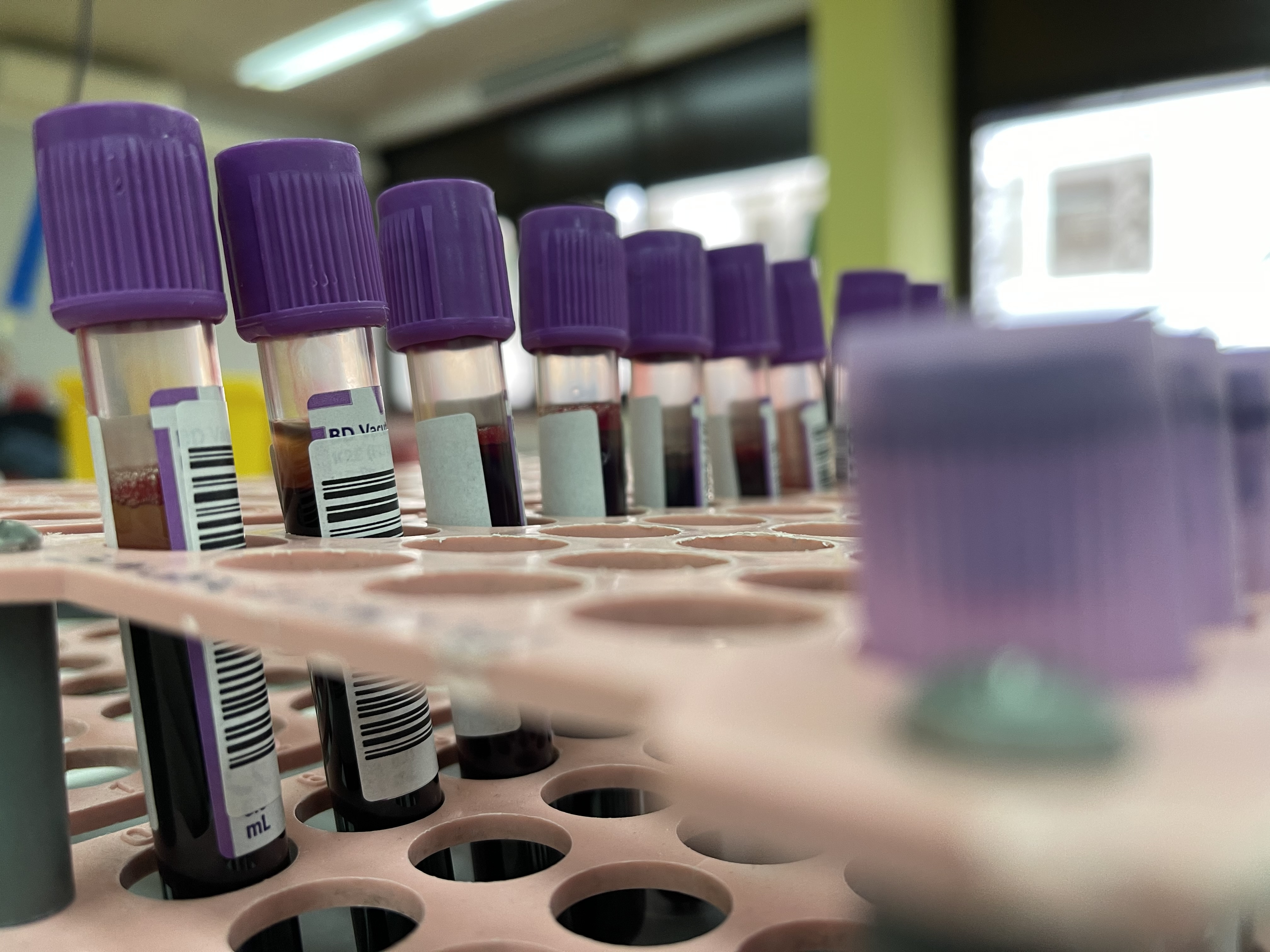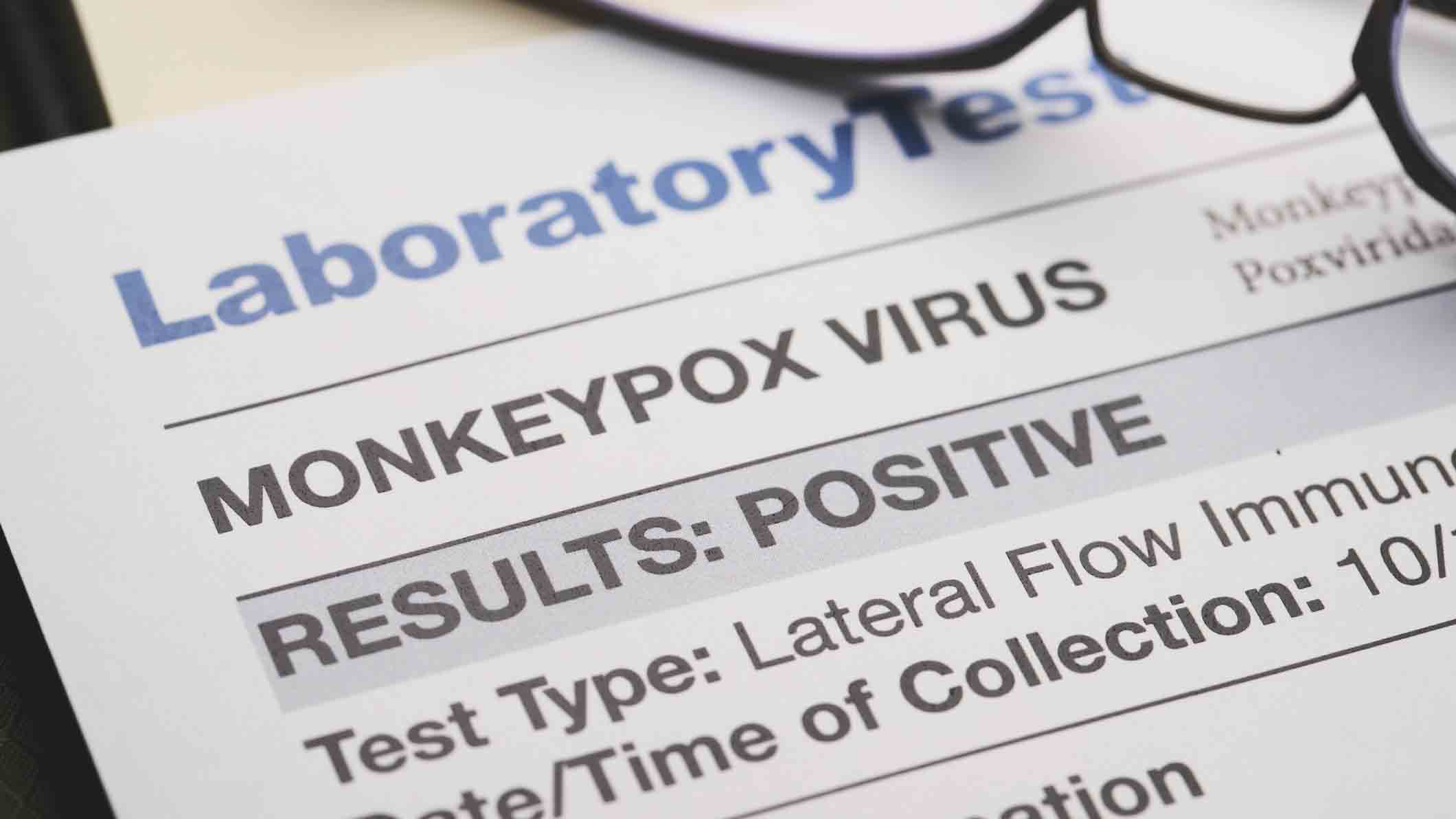Health officials in Vermont announced the state's first case of monkeypox virus on Friday.
The individual is an adult from Franklin County. State health officials said the person is under the care of their health care provider and the current risk of community transmission associated with the case is "very low." No further information about the individual is being released to protect patient privacy.
Initial testing performed by the State Public Health Laboratory was positive for the virus and confirmatory testing is being performed at the Centers for Disease Control and Prevention.
Vermont was the only state in New England that had not reported a case of monkeypox yet.
Maine has one confirmed case, New Hampshire seven, Rhode Island 19, Connecticut 28 and Massachusetts 117. Nearly 5,000 cases have now been reported across the U.S.
“That the virus has shown up in Vermont is unwelcome news, but not a surprise, and I am hopeful this person recovers quickly,” Health Commissioner Mark Levine said. “We have been closely following the global spread of hMPXV and continue to maintain close communication with experts from CDC.”
Anyone in close contact with someone with monkeypox can get it and should take steps to protect themselves. Though it is not considered a sexually transmitted infection, it can spread during intimate physical contact.
Transmission of the virus typically requires skin-to-skin contact, direct contact with body fluids, or prolonged face-to-face contact, including:
- Direct contact with rash, sores or scabs from a person who has the virus.
- Contact with objects, fabrics (such as clothing, bedding or towels), and surfaces that have been used by someone who has the virus.
- Contact with respiratory secretions, through prolonged, face-to-face contact, or during intimate physical contact, such as kissing.
Symptoms might include a rash, fever, headache, muscle aches and backache, swollen lymph nodes, chills, and exhaustion. However, some people might experience a rash without any other symptoms.
Vaccine and treatment after an exposure are available on a case-by-case basis as determined by the state Health Department and the CDC. Vermont has received 86 doses of 426 allocated to it by the federal government. Additional doses are expected to be available in the state in the coming weeks and months.



